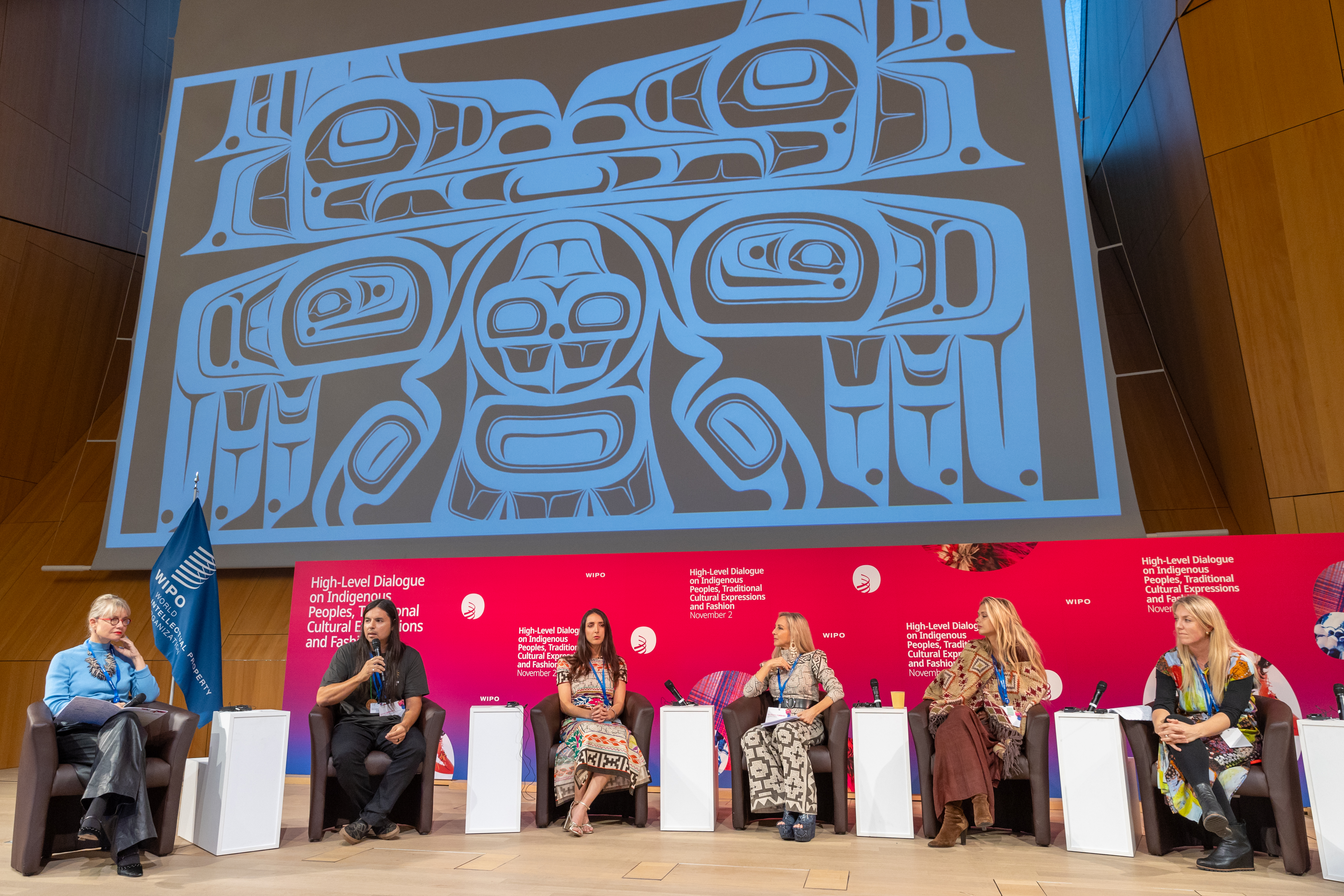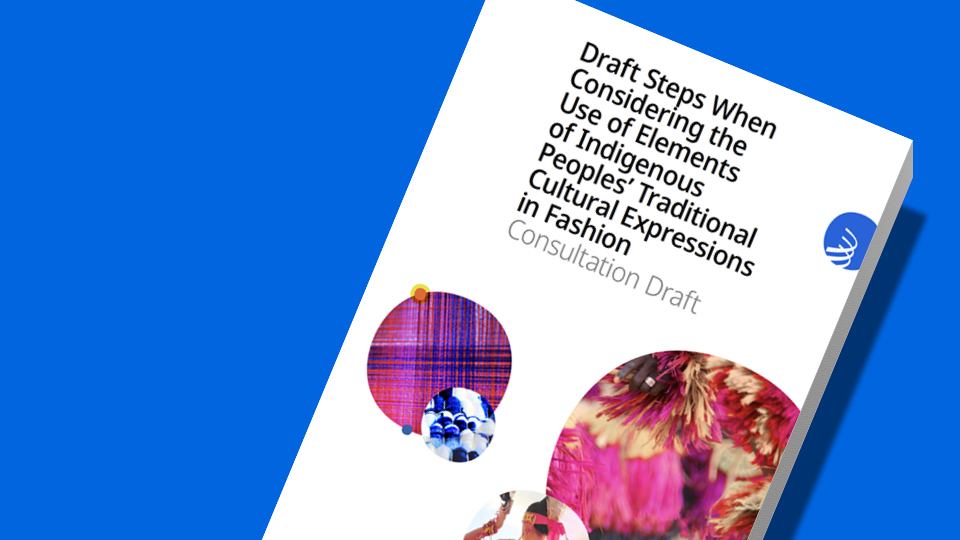Las expresiones culturales tradicionales y la moda
Los Pueblos Indígenas poseen una gran riqueza de expresiones culturales tradicionales (ECT) que adoptan formas muy diversas, por ejemplo, hay tejidos, atuendos, ornamentos, símbolos y diseños tradicionales. Las ECT de los Pueblos Indígenas están profundamente vinculadas a su historia, creencias, espiritualidad, patrimonio cultural, tradiciones y, lo que es más importante, a su identidad.
A menudo, las ECT que los Pueblos Indígenas poseen son una fuente de inspiración para otros, y en particular para las empresas de moda, que siempre van en busca de aportaciones creativas e ideas nuevas. Sin embargo, el uso inadecuado y no autorizado de elementos de las ECT de los Pueblos Indígenas, aunque se produzca de forma involuntaria, puede ofender y perjudicar a dichos Pueblos.
La OMPI se propone crear oportunidades de diálogo entre los Pueblos Indígenas y las empresas de la moda para que puedan interactuar de manera justa y equitativa.
Diálogo de alto nivel sobre Pueblos Indígenas, expresiones culturales tradicionales y moda
El 2 de noviembre de 2023, la OMPI convocó el primer Diálogo de alto nivel sobre pueblos indígenas, expresiones culturales tradicionales y moda en la sede de la OMPI, en Ginebra.
El evento congregó a representantes de Pueblos Indígenas y empresas de la moda y dio la oportunidad de intercambiar ideas y mejores prácticas, con el propósito de seguir explorando las maneras de facilitar la colaboración entre ellos.
La grabación de la sesión de la mañana y de la sesión de la tarde del Diálogo de alto nivel están disponibles en línea.
Learn more about the High-Level Dialogue on Indigenous Peoples, Traditional Cultural Expressions and Fashion.
El uso de las expresiones culturales tradicionales en la moda
Para ayudar a las empresas de la moda en su colaboración con un artista o una comunidad indígena en relación con el uso de elementos de sus ECT en un diseño o un proyecto de la moda, la OMPI presentó Proyecto de pasos que hay que tener en cuenta al considerar el uso en la moda de elementos de las expresiones culturales tradicionales de los Pueblos Indígenas.
El documento se preparó en consulta con Pueblos Indígenas, empresas de la moda y expertos en propiedad intelectual, moda y patrimonio cultural. Asimismo, se basa en las mejores prácticas catalogadas de colaboración respetuosa y ética con los Pueblos Indígenas en otros campos y sectores.
El documento pretende abrir el diálogo, no ofrece una solución única para todos los proyectos que suponen el uso de ECT; los usuarios tendrán que adaptar las enseñanzas a sus propios proyectos.
¿Desea usted formular algún comentario sobre el borrador de consulta? Envíe un mensaje a la División de Conocimientos Tradicionales de la OMPI, a la dirección grtkf@wipo.int.


